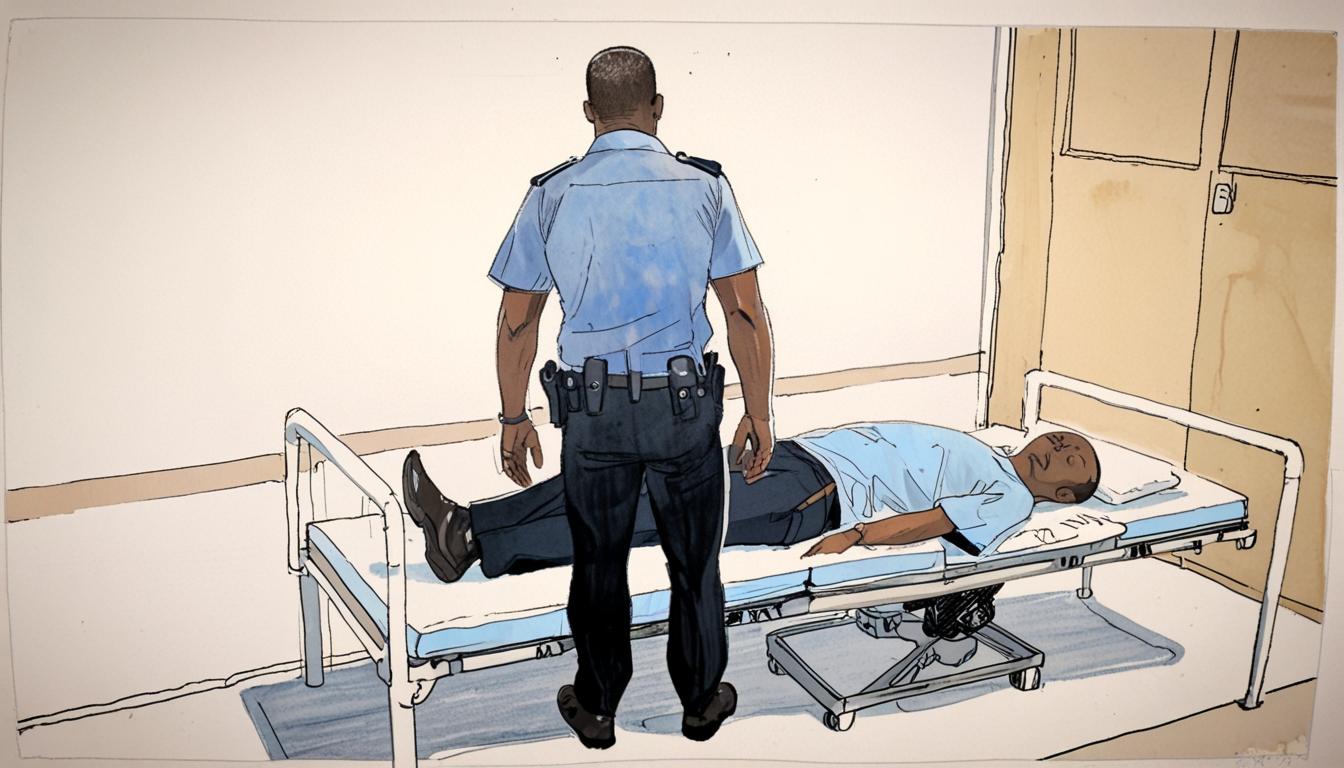A £49 million statutory inquiry into the death of Sheku Bayoh, who died in police custody nearly a decade ago, has entered a period of significant controversy and uncertainty. The inquiry, launched in November 2020 to investigate the circumstances surrounding Mr Bayoh's death and whether racism played a part, is now facing challenges over concerns about the conduct and impartiality of its chair, retired High Court judge Lord Bracadale.
Sheku Bayoh, a 31-year-old father of two, died on 3 May 2015 in Kirkcaldy, Fife, after being restrained on the ground by six police officers. The case has been the subject of public and legal scrutiny, focusing on the events leading up to his death and the investigation thereafter.
The controversy arose after it emerged that Lord Bracadale had held at least five meetings with Mr Bayoh's family since the hearings began, prompting the Scottish Police Federation (SPF), representing rank-and-file police officers, to accuse him of potential "perceived bias." The SPF has expressed a "loss of confidence" in the inquiry’s transparency and fairness, and it has intimated a petition for a judicial review aimed at removing Lord Bracadale from his role, a move likely to delay the inquiry further and increase costs.
David Kennedy, general secretary of the SPF, stated: "These unusual developments have left many core participants feeling that the process no longer appears transparent and open, with all core participants having been treated equally." He added that although they would listen to Lord Bracadale at a forthcoming hearing regarding the fairness of his conduct, they currently feel forced to proceed with the judicial review petition to ensure a fair and transparent inquiry.
In response, Aamer Anwar, the solicitor representing the Bayoh family, criticised the SPF’s actions as an "attack" and a "desperate attempt to undermine the inquiry," particularly as the tenth anniversary of Sheku Bayoh’s death approaches. Speaking to the Daily Mail, Mr Anwar defended Lord Bracadale’s longstanding public service record of integrity and impartiality, questioning why the inquiry chair should not meet the victim's family — a practice common in public inquiries across the UK. He also cited that Police Scotland’s Chief Constable Jo Farrell had met the Bayoh family to offer apologies and publicly supported the inquiry.
A letter from Sadif Ashraf, the inquiry’s solicitor, posted on the inquiry website, explained that Lord Bracadale’s meetings with the family between November 2021 and April 2022 were intended to address welfare concerns as the inquiry progressed. It noted that securing and retaining the confidence of the family was regarded as critical to the effectiveness of the inquiry.
The inquiry faces a public hearing in June to examine the "fairness of the conduct and procedure adopted by the chair" in meeting with the Bayoh family. The inquiry’s spokesperson confirmed this plan but indicated that further details would be published in due course.
The inquiry’s cost has also drawn attention. The cumulative spending across all parties, including the Crown Office and Police Scotland, now totals approximately £49 million. The inquiry itself has incurred costs of about £23.8 million, while Police Scotland’s expenses related to the inquiry have approached £25 million. In comparison, the Edinburgh trams inquiry, which lasted nine years, cost about £13.1 million, similar to the seven-year Iraq War Chilcot Inquiry.
The death of Sheku Bayoh followed reports from local residents of erratic behaviour and the presence of a knife. After being restrained by police officers, Mr Bayoh lost consciousness and later died in hospital. In 2018, the Lord Advocate decided not to bring criminal charges against the officers involved.
Former Police Scotland Chief Constable Sir Iain Livingstone publicly acknowledged that institutional racism, sexism, misogyny, and discrimination exist within policing. Lord Bracadale welcomed Sir Iain’s statement at the time, expressing a desire for continued cooperation from Police Scotland in the inquiry’s work.
The Scottish Government has stated that public inquiries operate independently and declined further comment. Police Scotland also declined to comment on the current controversy.
Source: Noah Wire Services
